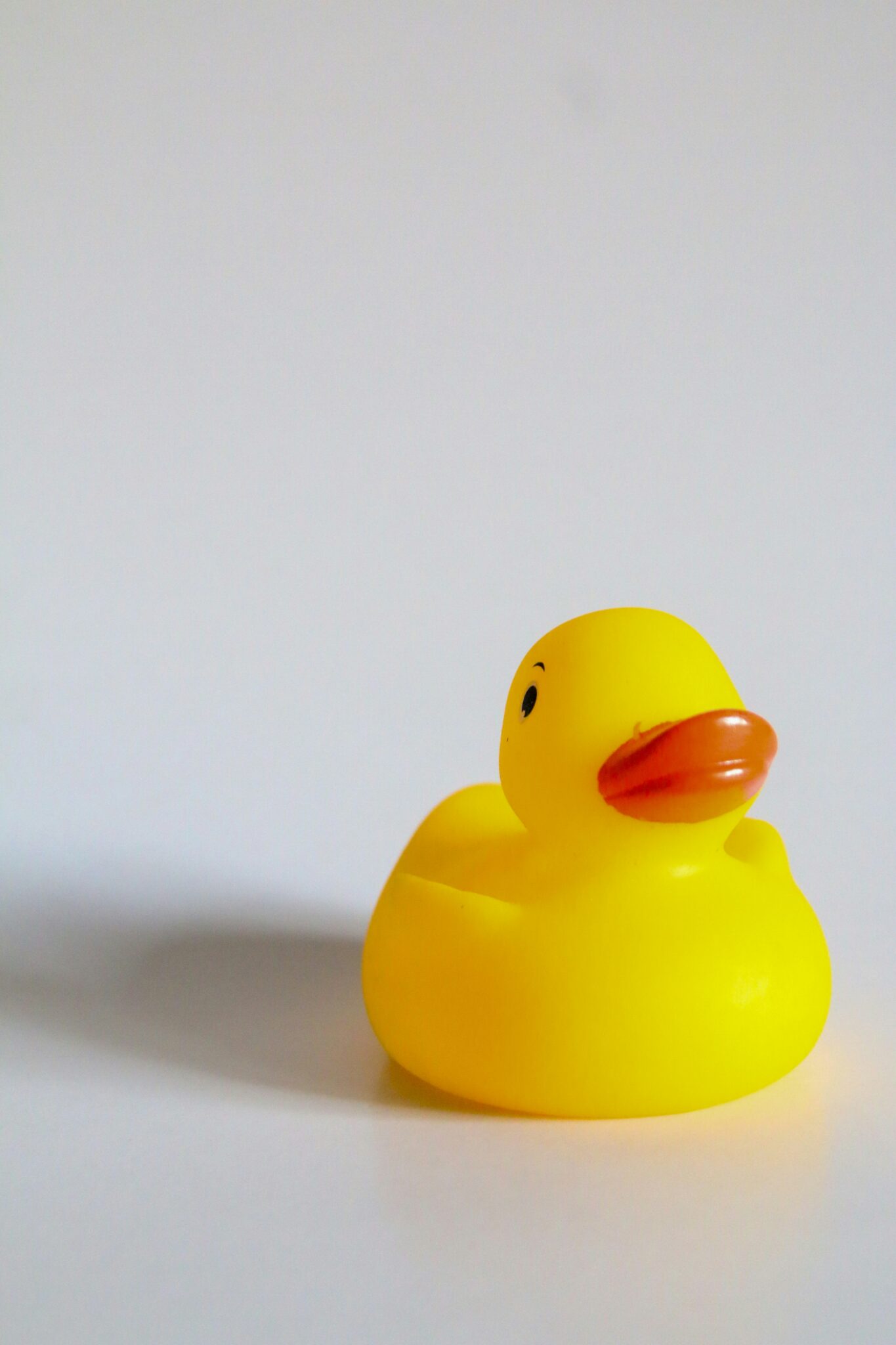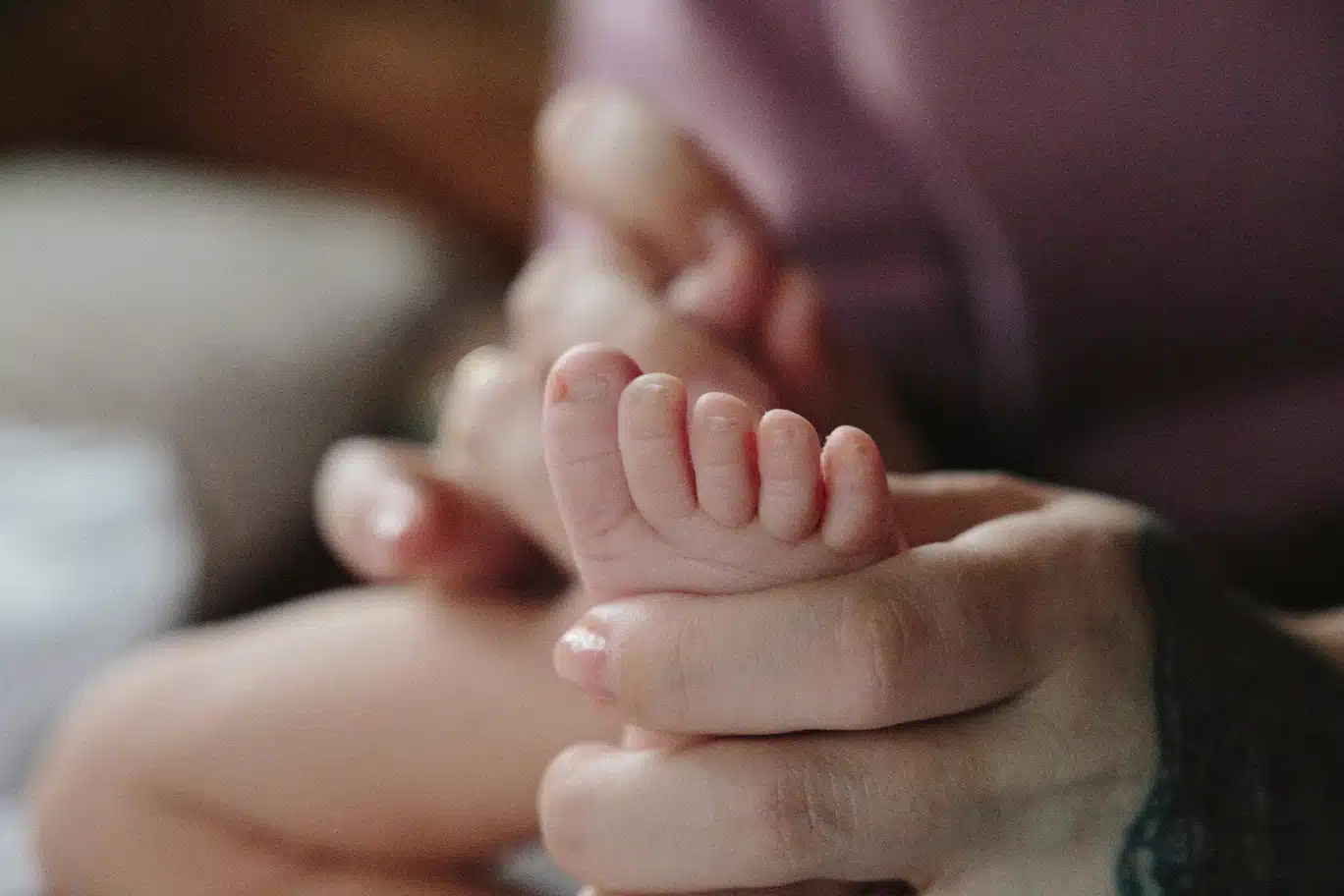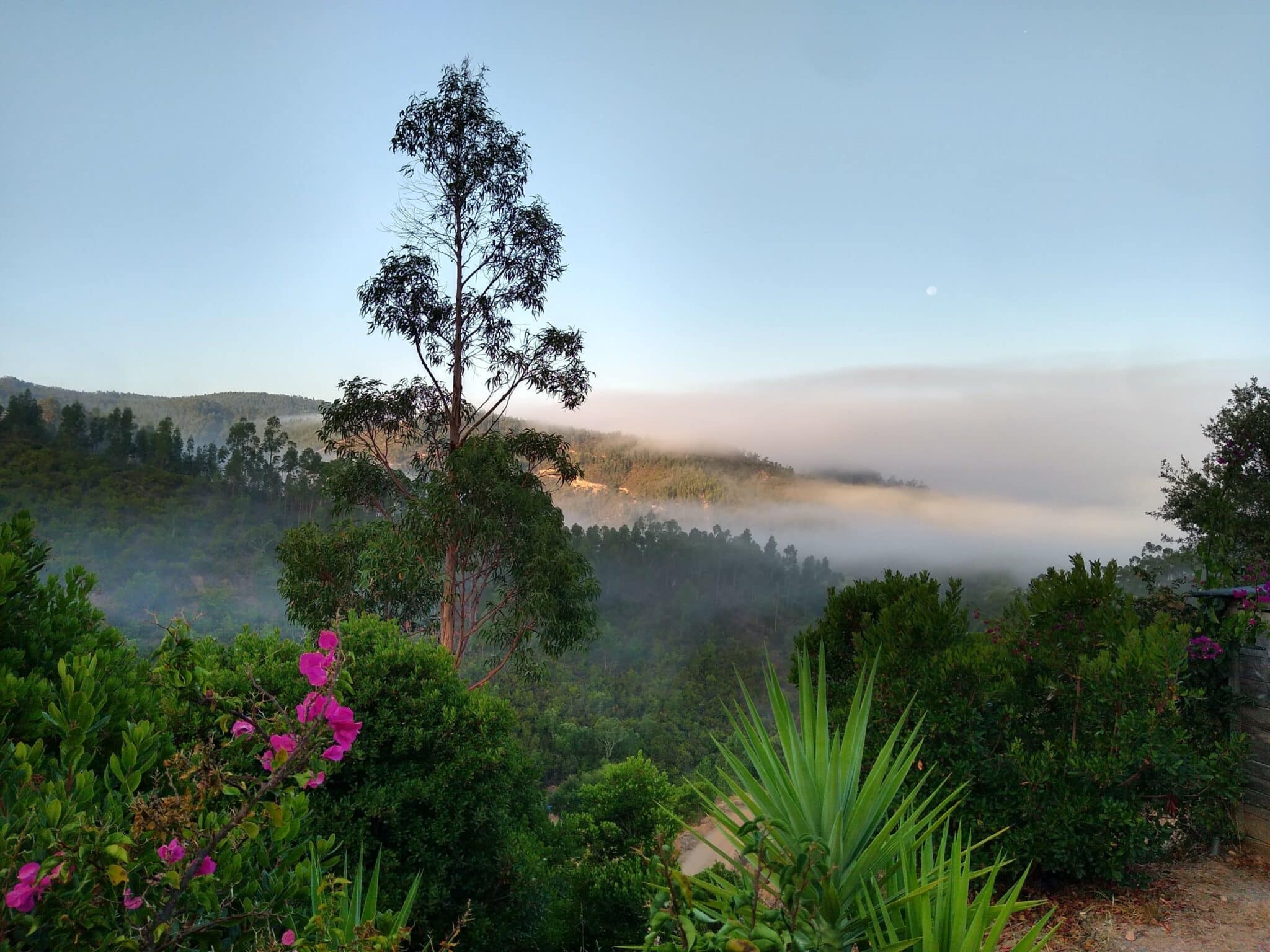Life moves fast. We’re told our worth depends on how much we get done, how busy we are, how hard we work. Slowing down almost feels like breaking the rules. But in my experience that constant rush doesn’t leave much space for rest, real connection, or thinking straight. When I spent some time in Portugal, around the time I turned 30, everything slowed right down — and in that quiet, something clicked. This piece is about what I learned there, and why choosing a slower pace might be exactly what so many of us need.
Perfect Days: Expectation vs. Reality
If you described a perfect day to me, what would it look like? How would it start? Where would you go, what would you see/experience?
My reflex answer would be something along the lines of a typical, occasional pub-visiting, British person. Something like: “I wake up after a lie-in, on holiday in a beautiful paradise, drink coffee and read in the sun. After a while, eat something delicious and go for a walk along the beach, do some stretching, meditation, or yoga. And at some point in the afternoon, I’m going for some beers with my best friends and partner.”
Perhaps your answer would be more profound, more boozy, or just something of a stark contrast to my day. The point is not to compare them, but to recognise that we all have our ideas and expectations of what a perfect day might look like, might entail, if even vaguely and changeably.
In some ways, I think I have had my perfect day, and it would have been easy to miss, and perhaps you will find it difficult to understand why it could be called thus. Allow me to try to explain.
A Day in Portugal
Important pre-consideration: I was somewhere picturesque, quiet, surrounded by nature and good people.
As a volunteer in Portugal — the somewhat less noble Workaway volunteer — I was at one gorgeous home in the Algarve.
Here I woke up in the static campervan, put on some comfortable joggers and a t-shirt and jumper, and brushed my teeth at an outdoor sink while taking in the view. I went about my morning routine of wandering down the hill to a platform where I did 15-20 minutes of stretching followed by 5-10 minutes of breathing meditation. A slow, calm start to the day, with a commitment not to check my phone.
Afterwards I walked down to my host’s house where we had breakfast, perhaps discussed the day ahead, gently chatted about whatever came naturally, and of course, coffee. Then the “volunteering” started.
I would change into a pair of shorts as the day warmed up, collect my buckets which had ropes attached as slings, and wander into the trees to collect Medronho berries. These berries don’t ripen all at once, so only a select few on each tree would be ripe each day. They are delicious and edible raw, but the purpose was to collect as many as possible for storage. They would eventually be collected by a Portuguese man who would use them to make the Algarve liquor, also called Medronho.
The morning session would involve 2.5 hours or so of berry picking, perhaps with a podcast, some music, or just the quiet of nature accompanying me. Sometimes the host’s two dogs would join me for some moments. The task is repetitive, but enjoyable, particularly when a good tree is spotted and the berries are plentiful.
We had lunch (after weighing our berries and being gently competitive about it!) and a bit of time to do our own thing, before heading back out for the afternoon session and picking more. Afterwards, we had more time to rest, which could be relaxing with the other volunteers, reading, or having a call with family or friends in England.
We would then take turns to make dinner, and all sit together and enjoy it, with those who did not cook doing the cleaning up. Some more time to unwind, and on this specific day which happened to be my birthday, we had some cake, I got the thoughtful gift of a much-needed belt from my hosts, and we watched a movie. That was it.
I went to bed early, and remember writing in my journal that I looked forward to waking up and just doing the same thing again the next day. I even shed a tear, gently and happily, because this was perhaps the first time I’d had that thought.
The Beauty of Boring
Sounds boring, right? It rather is. But nonetheless I was happy, and I was able to do this for weeks before I packed up my motorbike and went on to the next part of my volunteering adventure.
Perhaps this isn’t a perfect day, but a series of perfect days. Even as I reflect on it now, it’s a little baffling that this could be described as “perfect” — but what is perfect? For me, the feeling of pure contentment and acceptance will never be forgotten. I felt complete, and at peace.
In a world where burnout is the baseline and rest feels indulgent, perhaps the more radical act isn’t to escape, but to slow down right where we are. Portugal just happened to be where I first listened to that instinct — but it could’ve been anywhere.
I often wonder what it was that made me feel so calm. It certainly doesn’t sound like a stressful day, but nor does it seem like a day anybody would describe when asked, “What would a perfect day look like?”.
My experience suggests that by engaging in a simple, consistent routine, and spending time in a peaceful environment, can be a powerful source of well-being.
I’d be happy to help you craft a final section for your piece that addresses how to bring slow living principles into everyday life, especially when you can’t recreate the idyllic Portuguese setting. This is an important addition that will make your reflection more relatable and actionable for readers.
Here’s a draft of a final section that acknowledges the privilege of your experience while offering practical insights for implementing slow living principles in ordinary working life:
Bringing Slowness Home: Four Years Later
It’s easy to romanticise those perfect days in Portugal. Four years on, I’d be dishonest if I didn’t acknowledge the immense privilege that made that experience possible — the time, the resources, the freedom to step away from regular life. Most of us can’t simply uproot ourselves and pick Medronho berries in the Algarve when the pace of life becomes overwhelming.
I now find myself back in the rhythms of working life, with deadlines, responsibilities, and the constant pull of technology. The quiet contentment I found in Portugal can seem impossibly distant on a rainy Tuesday morning sat in an office. So what then? Was it all just a lovely holiday memory with no lasting impact?
As difficult as it is, I’ve come to realise that slow living isn’t about location — it’s a mindset that can be cultivated anywhere, even in small pockets. It may not last for weeks at a time. It may not be as pure and vivid. And I may not have Portuguese hillsides, but I can still create moments of intentional slowness. My morning stretching routine now happens in my living room rather than on a platform overlooking nature, but the effect of centering myself before checking my phone remains powerful.
The lessons of those “boring” perfect days weren’t about escaping real life, but about understanding what genuinely nourishes us. For me, it’s simplicity, physical work balanced with rest, meaningful conversation without distraction, and permission to find joy in repetition rather than constant novelty.
I’ve learned to protect small rituals — a proper lunch break away from my desk, evening walks regardless of weather, cooking from scratch when possible rather than rushing through meals. None of these replicate Portugal exactly, but they carry the same intention: to resist the cult of busyness and create space for presence.
Perhaps the most valuable insight is learning to recognise when I’m slipping back into unhealthy patterns. That tearful journal entry from Portugal serves as a compass — when was the last time I looked forward to tomorrow being just like today?
The truth is, bringing slowness home isn’t about recreating perfect circumstances, but about carrying forward the wisdom gained during those rare moments when we step outside our normal lives. It’s an ongoing practice rather than a destination. Some days I fail spectacularly. Other days, even amid the rush of ordinary life, I catch glimpses of that same contentment I found among the Medronho trees.
And perhaps that’s enough — not a perfect recreation, but a deliberate remembering of what matters, and small daily choices that honour what we know to be true about living well.




